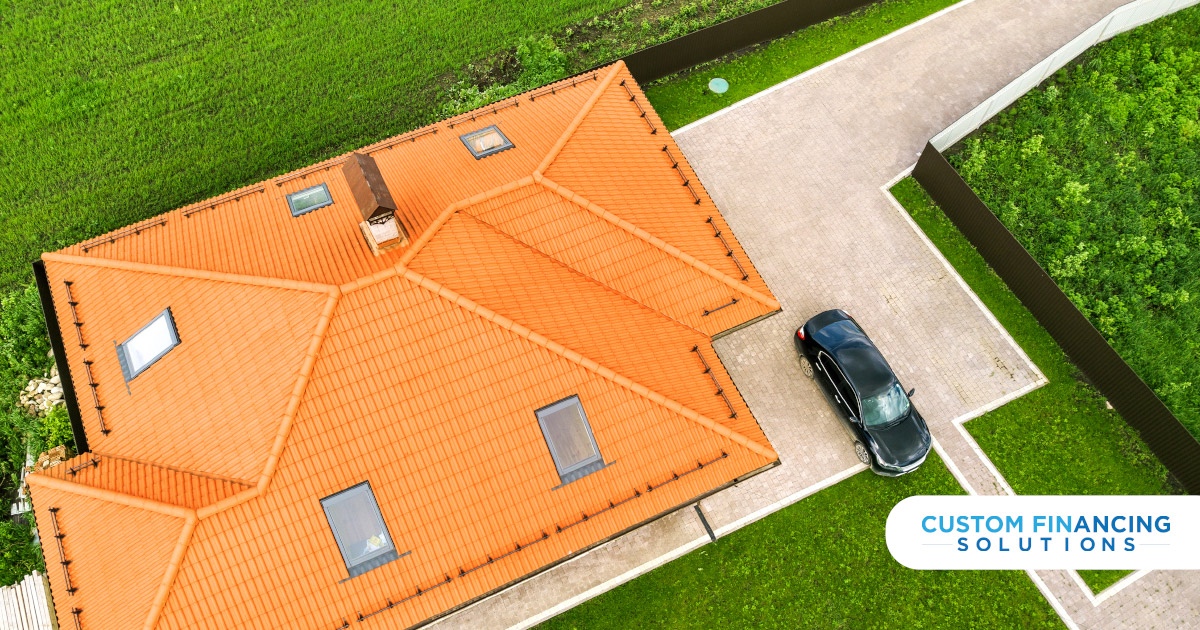Owners who have a vehicle prefer having a garage and a driveway leading to it. To meet this demand, the market came up with a variety of materials that can build this. Among all this, people debate between these to be the best- asphalt and concrete.
Both of them check the important boxes needed by the homeowner. But when they ask for your suggestion, which would you suggest?
Let us dive in deeper to understand how both of them weigh against each other where it counts.

Cost
Many people consider this as the deciding factor between the two. The cost per square foot does not vary that much. The difference comes before the eyes when the total amount for covering the driveway is calculated.
Asphalt costs $2 to $5, whereas concrete is a tad expensive, varying between $3 to $10 (both amounts per square foot area). This estimation is for plain concrete. Concrete mixed with other materials will differ in cost.
Installation
For installation, asphalt seems to be easier than concrete. The labor cost is cheaper for the former. There is also a difference in curing time. Curing time is the time needed for the material to dry into place before it can be used. Asphalt can be driven upon almost immediately, but concrete takes a week to settle down.
Both can end up being a messy project. Make it a note to look after the cleanup after work.
Repair & Maintenance
Asphalt has a softer consistency than concrete. That comes into play at this point. Softer consistency means that asphalt could need repair earlier than its counterpart. However, repairing it is less costly. Most of the time only the top layer is affected, which can be fixed with a patchwork. Repairing spalled concrete is neither easy nor cheap.
To summarise this, asphalt is cheaper to repair, and concrete is cheaper to maintain.
Climate
The climate of the area plays a huge role in deciding what is best for your client.
While prolonged extreme climate affects both of them, asphalt handles cold climates better. Its composition allows it to capture more heat from the sun. This helps it keep an almost stable internal temperature during cold. Although, this ability backfires in hotter regions. The driveway can soften up because of heat and turn oily. Concrete holds its ground better in a tropical climate. Extreme heat can crack up concrete too. It will require repair work in that case.
Lifespan
Investing in a driveway is big. It is something that will be used continuously. That is a reason most people are confused between these two options, as both offer a decent lifespan.
There is no exact value to put, as the lifespan depends on many factors, including the repair and maintenance schedule. To put it approximately, asphalt driveways can last for 20 years whereas concrete ones can last between 30-40 years.
Considering these factors, you can offer the best solution for the situation in front of you. Both are neck to neck in the battle and excellent options for a driveway.
Our blogs at CustomFin help you suggest the best ideas to your client. We also link with contractors to offer easy payment plans to their customers.
Get started now to grow your business.









